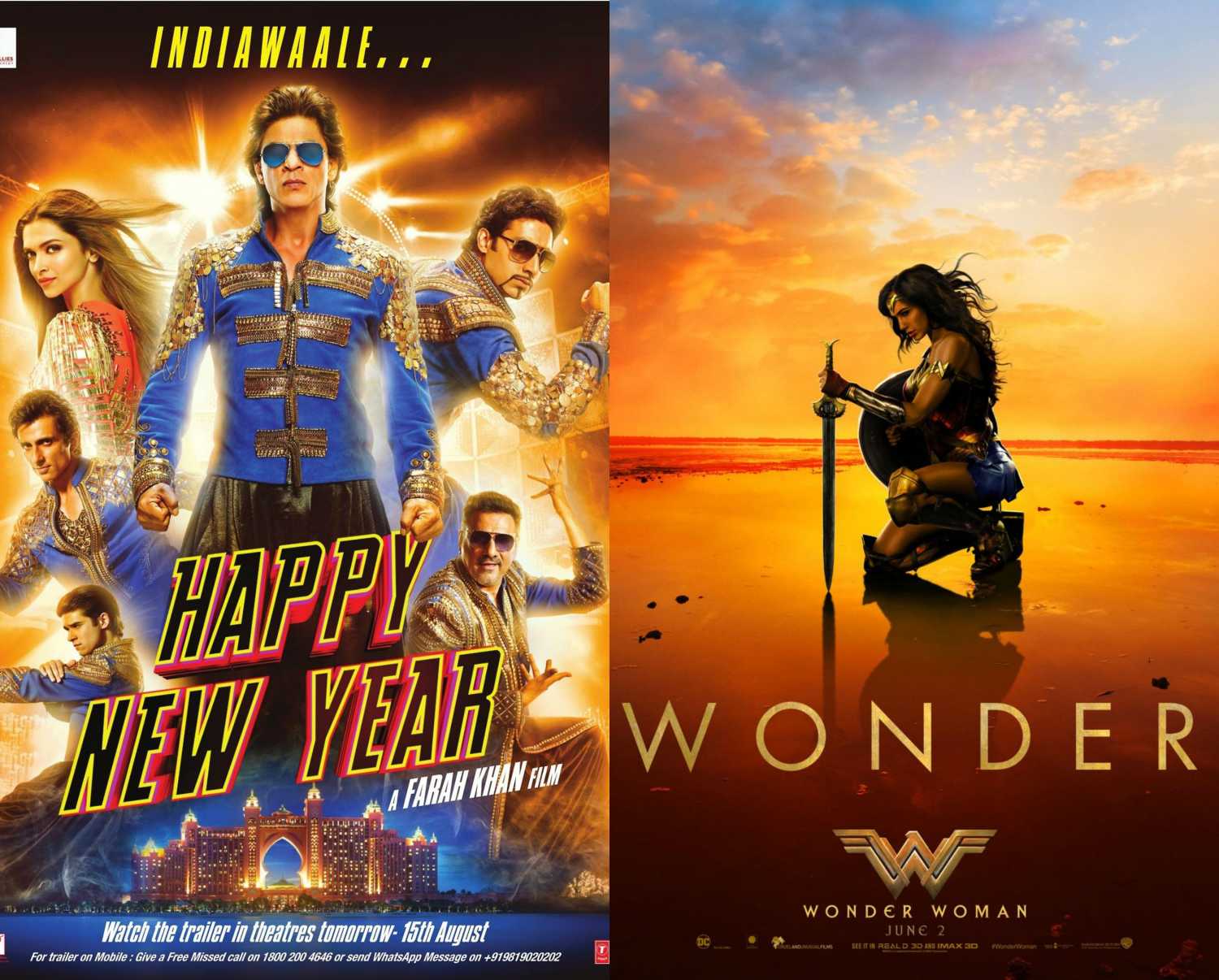The DC superhero film, directed by Patty Jenkins has shattered the glass ceiling with its $103.3 million opening weekend debut, the highest ever for a female filmmaker.
When will Indian cinema’s ‘Wonder Woman’ moment come?
Mumbai - 07 Jun 2017 8:00 IST


Sonal Pandya
Warner Bros’ latest film, Wonder Woman (2017), starring Gal Gadot as the Amazonian princess, Diana, is smashing through box office records with a US domestic opening of $103.3 million (around Rs659 crore) and a worldwide opening of $223 million (around Rs1,427 crore).
The previous male-dominated DC films that released in 2016, Batman v Superman: Dawn of Justice and Suicide Squad, were skewered by critics and viewers. However, the difference has been the strong word-of-mouth reports by audiences and glowing reviews from The New York Times critic AO Scott and Variety critic Andrew Barker. Scott wrote of the film, “It cleverly combines genre elements into something reasonably fresh, touching and fun.”
The success of Wonder Woman has proven that a superhero film with a female lead can be just as profitable for investors and enjoyable for audiences. Often, the people in charge forget the audience for whom they’re making the film. Women are making up a large portion of the audience, across all genres including superhero and comic book films. The Hunger Games franchise, Pitch Perfect (2012) and Pitch Perfect 2 (2015), Hidden Figures (2016) are all proof of that.
The question then arises then: when will Indian cinema begin to see its shift towards breaking the gender barrier? Just like Hollywood, there are fewer female filmmakers hired. Those who have broken through are even fewer.
Farah Khan is the name that comes to everyone’s mind when the words ‘successful Indian filmmaker’ are uttered. She has the best track record with three hits from the four films in her filmography. Her first film, Main Hoon Na (2004), made a modest Rs36 crore but it quickly established her as a commercial director who could get the job done.
Her second film, Om Shanti Om (2007), a Diwali blockbuster, earned Rs78 crore domestically and was highest-grossing film of 2007. It did help that both films starred box office king, Shah Rukh Khan. Tees Maar Khan (2010) was a rare stumble for her — though it made Rs60 crore, it could not recover its Rs45 crore budget.
It took four years but Farah Khan eventually recovered with the super hit Happy New Year (2014), with an ensemble cast of Shah Rukh Khan, Deepika Padukone and Abhishek Bachchan, which earned Rs178 crore domestically. Farah Khan broke into the male-dominated Rs100-crore club. But her films do not have strong female protagonists; they usually fall in the category of typical Hindi film heroines.
The other two filmmakers who come close to Farah Khan are Zoya Akhtar and Gauri Shinde. Zoya, Farah’s cousin, made her debut with Luck by Chance (2009), though critically acclaimed, only earned Rs12 crore. Her second film, Zindagi Na Milegi Dobara (2011), a male bonding Spanish adventure tale, was a verified hit with Rs89 crore at the box office.
Zoya Akhtar followed it up with Dil Dhadakne Do (2015), about a dysfunctional family on a cruise, which came slightly under expectations with Rs75 crore. Dil Dhadakne did feature complex, well-defined female characters, but since it was a large cast, their parts did not dominate. All eyes will be on her next, Gully Boy, starring Ranveer Singh and Alia Bhatt which will follow the lives of Mumbai’s street rappers.
Filmmaker Shinde’s debut film was the comeback film of actress Sridevi, English Vinglish (2012) which earned Rs38 crore. It took Shinde a while to find her next story, Dear Zindagi (2016), a co-production with Dharma which earned Rs66 crore. The likeable story, featuring Alia Bhatt, was a crowd-pleaser and a critical darling. Both films revolve around a female character as she tries to find her way in the world.
Wonder Woman's achievements on the global stage are dual. Not only is director Patty Jenkins getting the credit for neatly navigating a blockbuster film with a massive budget, but it is even more liberating that Jenkins has done so with strong, empowered female character in the lead.
More female filmmakers hopefully will get a chance to step up to the director’s chair after this. Already, Ava DuVernay is directed Disney’s A Wrinkle in Time (2018), starring Storm Reid, Reese Witherspoon, Mindy Kaling and Oprah Winfrey, with a production budget of $103 million. Meanwhile, Sony has chosen Gina Prince-Bythewood to direct Silver & Black (2018), based on the characters from the Spider-Man comic books.
Farah Khan breaking into the big boys' club was the first step, the second will be when she casts an actress in a film that stands tall along the Dangals and Sultans of Hindi cinema. Until then, we’ve got a long way to go!




